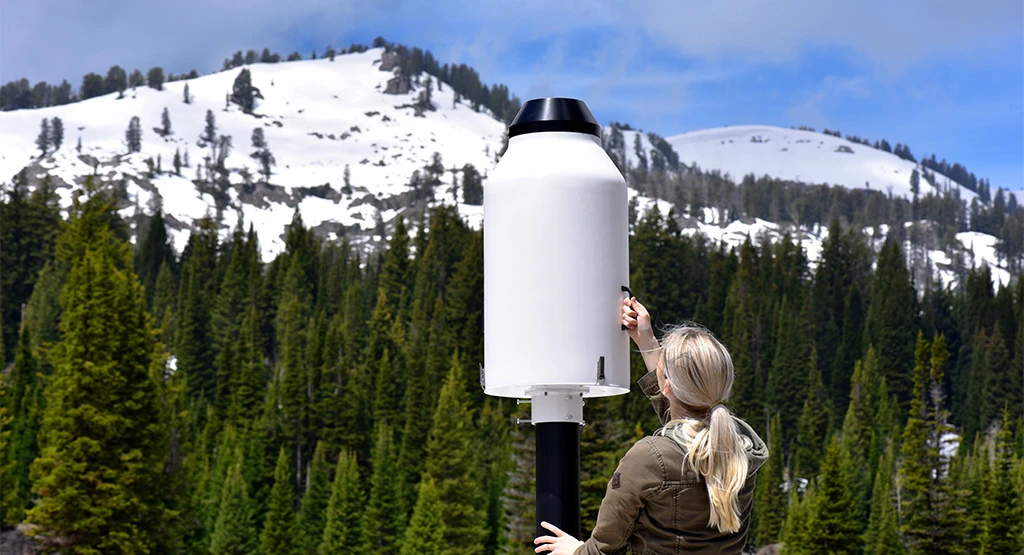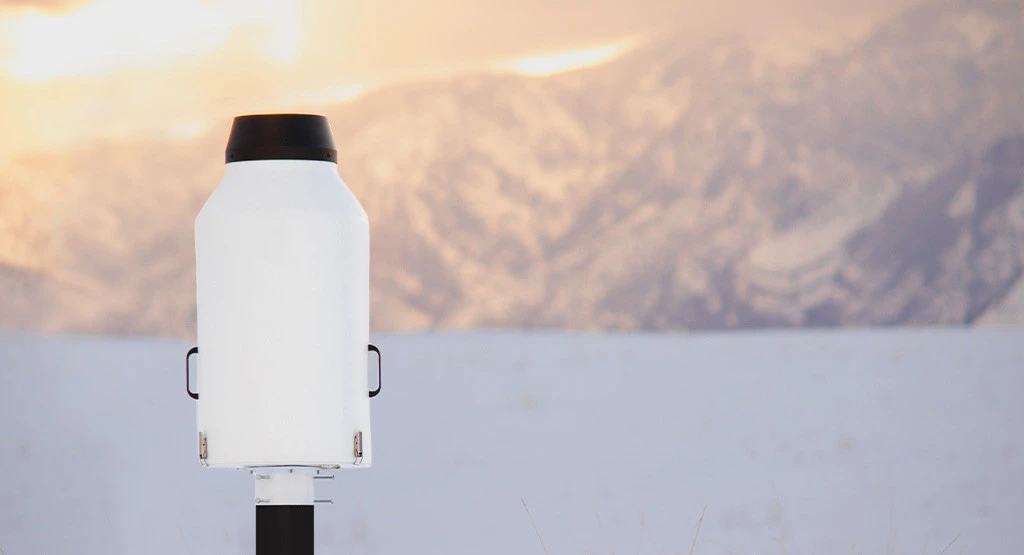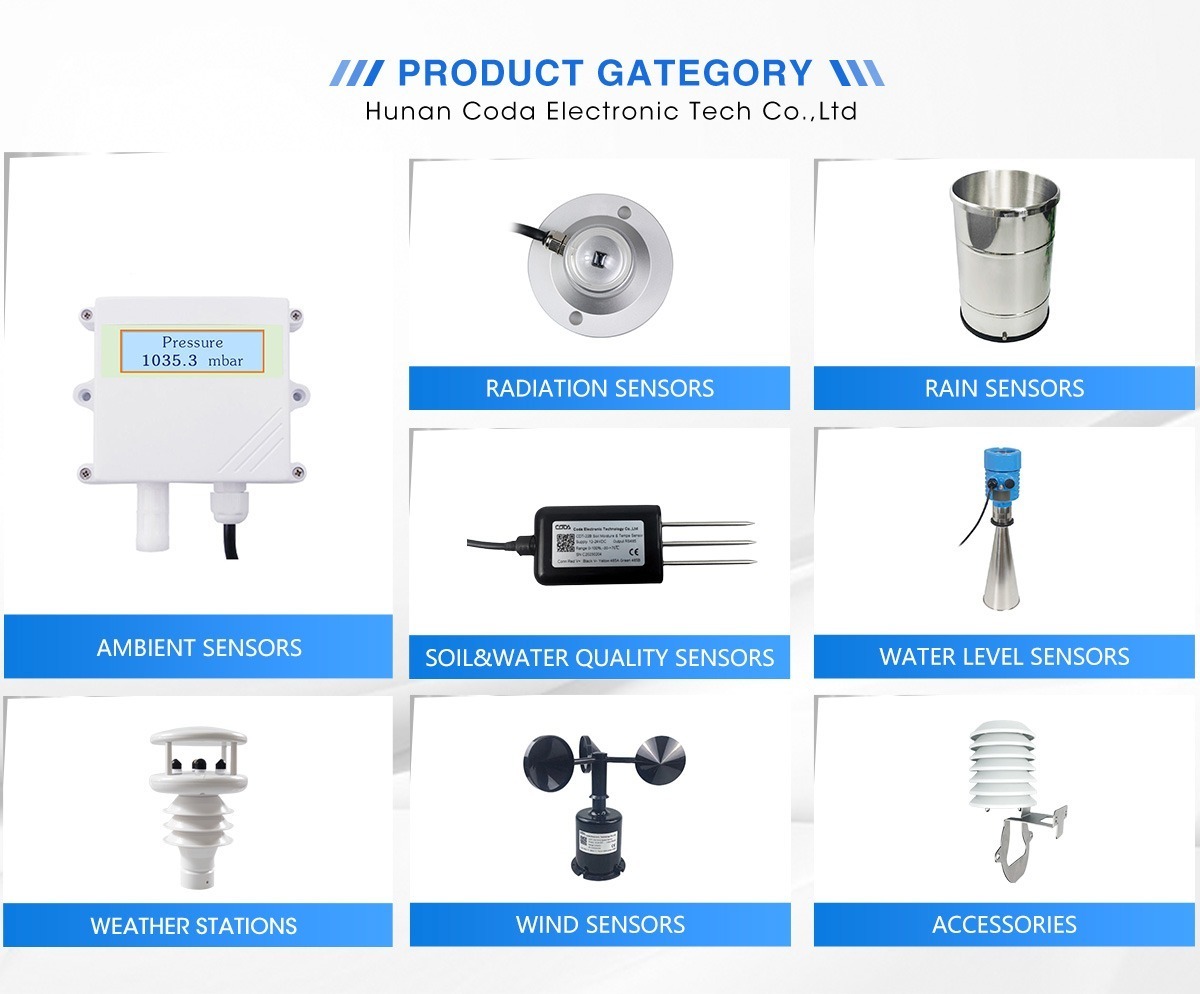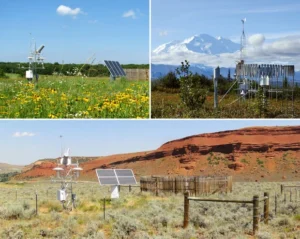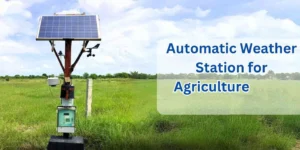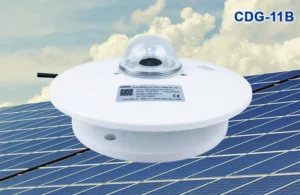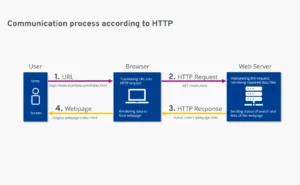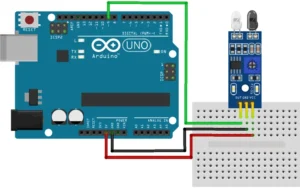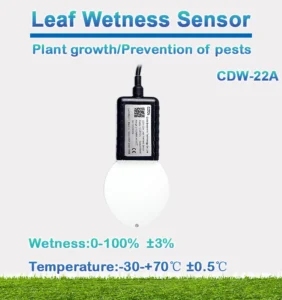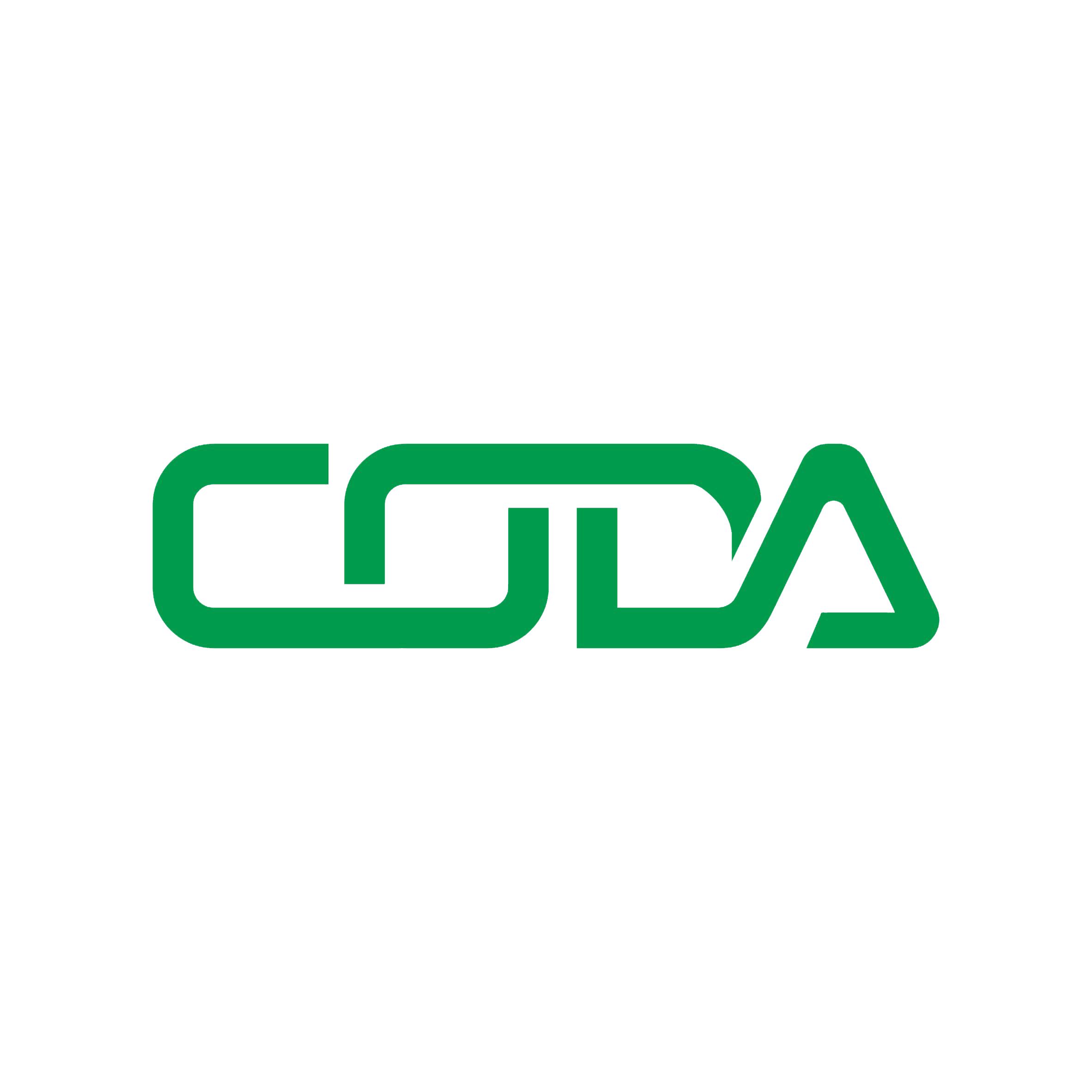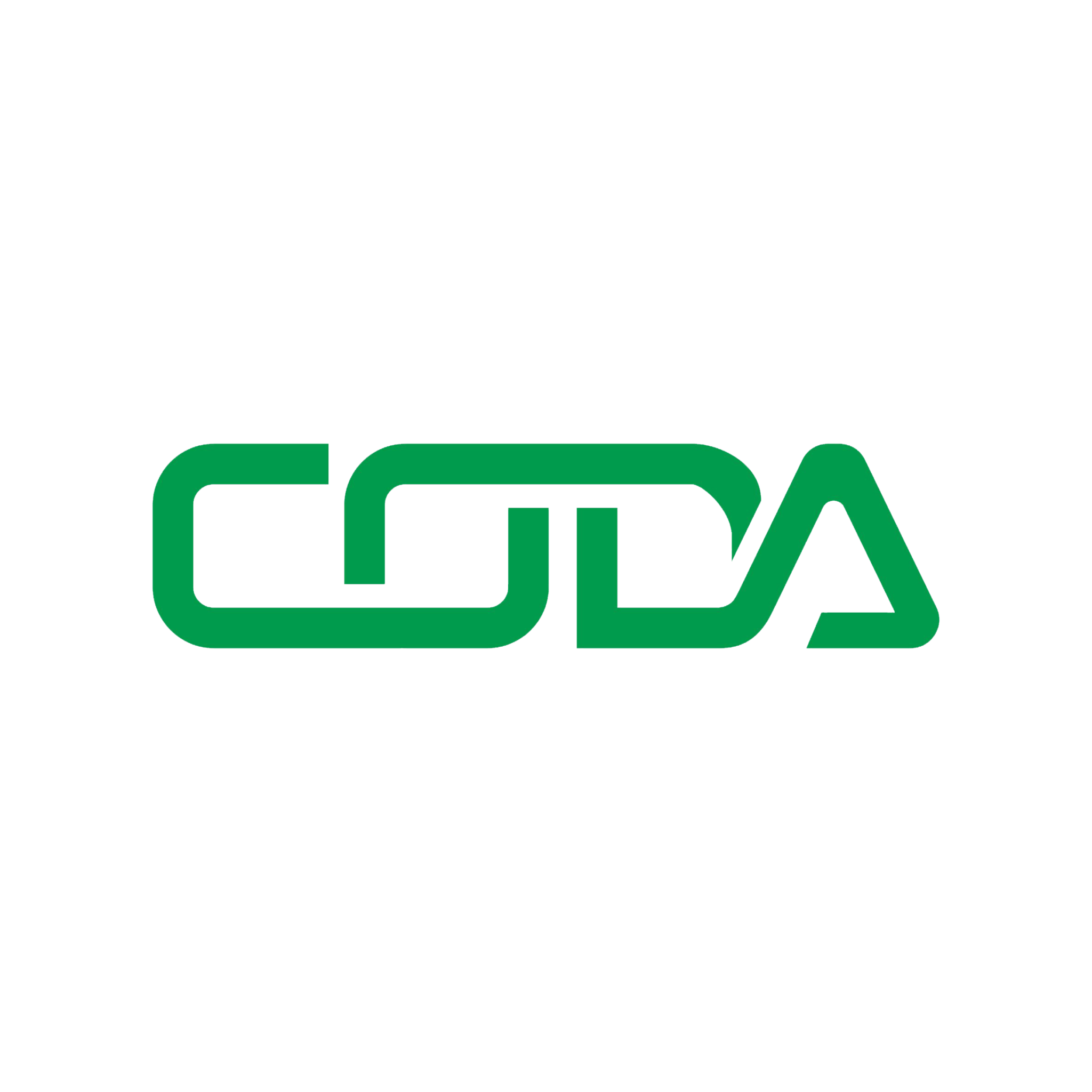Weighing Precipitation Gauge | weighing rain gauge
A weighing precipitation gauge is a special tool used to measure rainfall or liquid precipitation over time. Like other rain gauges, its main job is to measure precipitation how much it rains. This device often has a big storage container.
The container is weighed before and after it rains. This helps us find the total weight of the rain we collected water. There are two main types of rain gauges.
You use a pen on a spinning drum to measure things. The other uses a vibrating wire linked to a data logger for accurate data recording.
One common type of rain gauge is the Pluvio. It uses advanced technology to weigh and measure rainfall. This includes rain, snow, and hail, and it does so with great high accuracy.
This device collects amounts of precipitation monitoring data collection every six seconds. It also looks at outside factors like wind, temperature, and evaporation. Depending on the model, these gauges can hold between 750 mm and 1500 mm.
They can keep track of the weather all the time. These devices are useful for many things, from homes to weather stations.
Weighing Rain sensor Advantages
The weighing precipitation gauge has many benefits. It needs little maintenance, usually just once or twice a year. It is very strong and can withstand extreme temperatures. It uses low power and can even run on solar energy.
While it often costs more than regular rain gauges, it can accurately measures heavy rain, snow, and hail. This makes it very helpful. It also helps scientists by measuring chemicals in the air. This helps in studying the effects of greenhouse gases on the environment.
There are many types of rain gauges. These include tipping bucket rain gauges, automatic rain gauges, standard gauges, and weighing rain gauge.
Watching the weather can be fun for everyone, even kids. You can make a gauge or buy one. Trying it out and looking at the data can be fun and a good way to learn.
If you want to improve your weather tracking, think about getting weather station software. These tools work like home weather stations. They give you a lot of environmental data right on your computer or laptop.
If you need help with sensors, Hunan Coda Electronic Tech Co., Ltd is the right choice. They focus on new sensor technologies. They offer many products made for markets all over the world. Check out Coda Sensors to see what they have.
Hunan Coda Electronic Tech Co., Ltd offers reliable OEM sensor solutions for tracking the environment. They offer great designs and services. These can help you make custom solutions that fit your needs.
While there are budget-friendly options for many sensors, spending a bit more for better performance is often worth it. Take a look at their portfolio and suggested setups for the best results!
